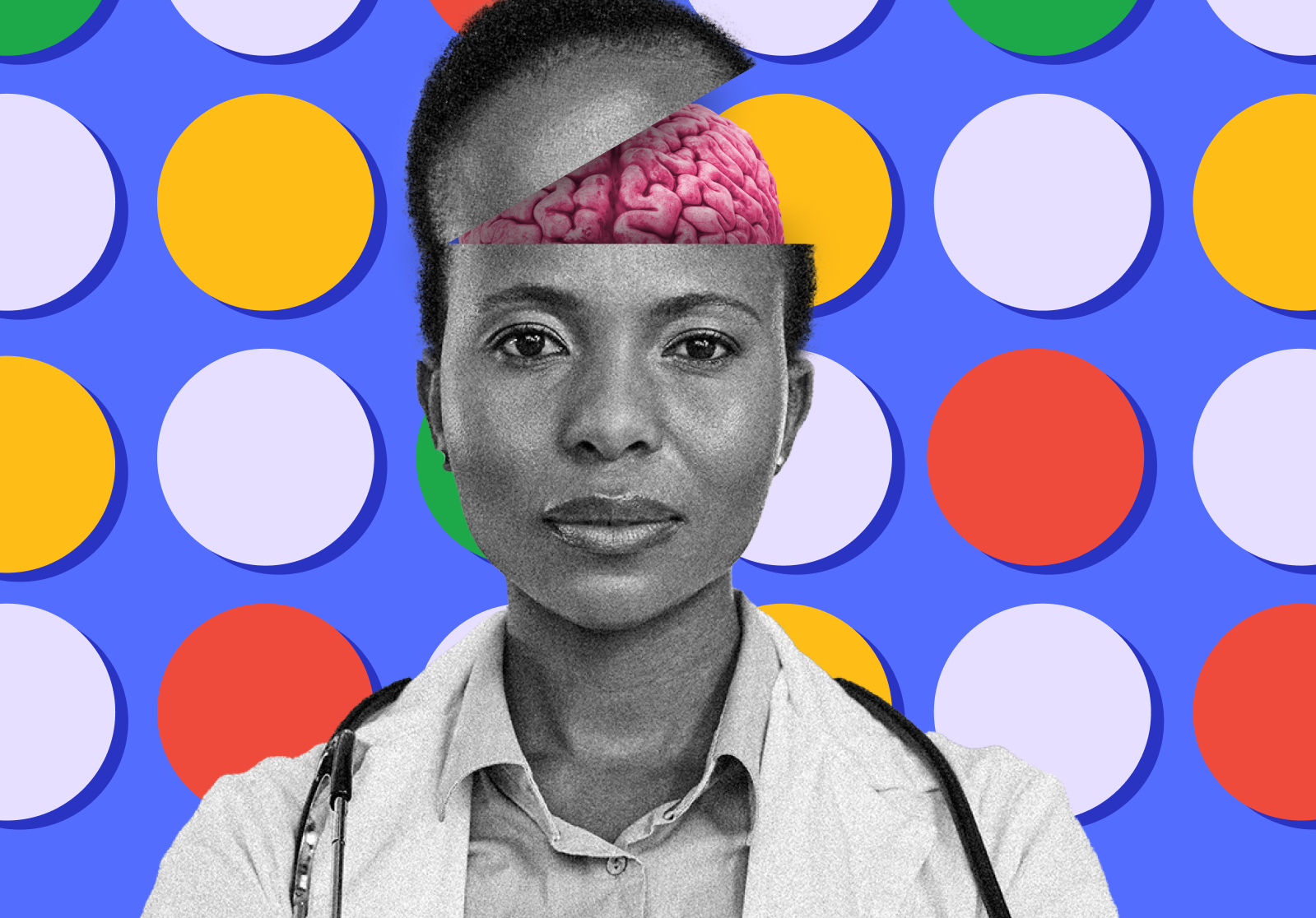HCP Brain Hacks

Doctors have feelings that impact decision making just like everyone else.
You know that feeling of being overwhelmed at the grocery store, surrounded by countless choices, knowing you can't spend all day evaluating each one?
Doctors feel it too, sitting in their office, trying to choose the best medication for a patient before their next appointment.

So, how do they adapt?
The way we all do. Using mental shortcuts—a more efficient way of making decisions.
.svg)
SHORTCUT #1 - CONJUNCTION FALLACY
Two is Better Than One
When an HCP notices that Medication X proves to be highly effective for two of their 50-year-old patients, they may conclude that Medication X will be effective for anyone who is 50 and older...


SHORTCUT #2 - HOT HAND FALLACY
Wins Bring Wins
An HCP observes that Medication X was effective for five consecutive patients over the age of 50, so they assume that the sixth 50-year-old patient will also respond positively to Medication X


SHORTCUT #3 - AVAILABILITY HEURISTIC
Top of Mind is Right of Mind
A physician consistently places Medication Y as the 3rd or 4th line of treatment, as he vividly remembers the story of another HCP who prescribed it as a 1st line treatment and witnessed severe side effects for the patient.

So, how do we address these mental shortcuts?
While minimizing the use of these shortcuts with bite-sized, easily processed information is important, it may be too ambitious to eliminate them entirely:
- As time constrained individuals, HCPs are bound to use short-cuts.
- Shortcuts are not inherently bad; they are a natural way of making decisions, though sometimes these decisions are based on inaccurate information.
Maybe the question we need to start asking is...
How can we make HCPs more aware of the shortcuts they may be using?
If HCPs recognize that, as humans, we often rely on mental shortcuts, they may take this into account when making treatment decisions. With increased awareness through continuous education, HCPs can consciously check in with themselves to ensure their decisions are well-informed, reducing the potential downfalls of mental shortcuts and leading to more accurate decision-making.
What else can influence our ability to make decisions?
Our mood!

If mood influences human decision-making...
What does that mean for physicians who struggle with increased pressure and constraints on a day-to-day basis?
What we know:
As we consider the impact of daily stressors & mood on HCP behavior, let's remember that HCPs in a positive mood:

Improving health care outcomes with a better mood
.svg)



